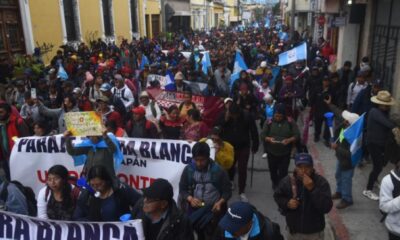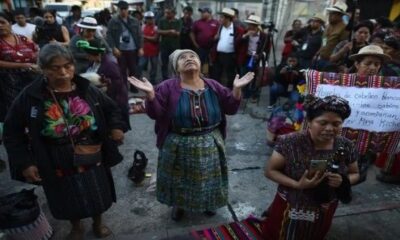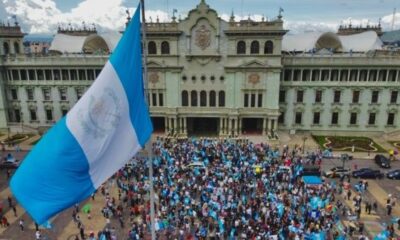International
Guatemalan prosecutors and justice operators lack security guarantees in province
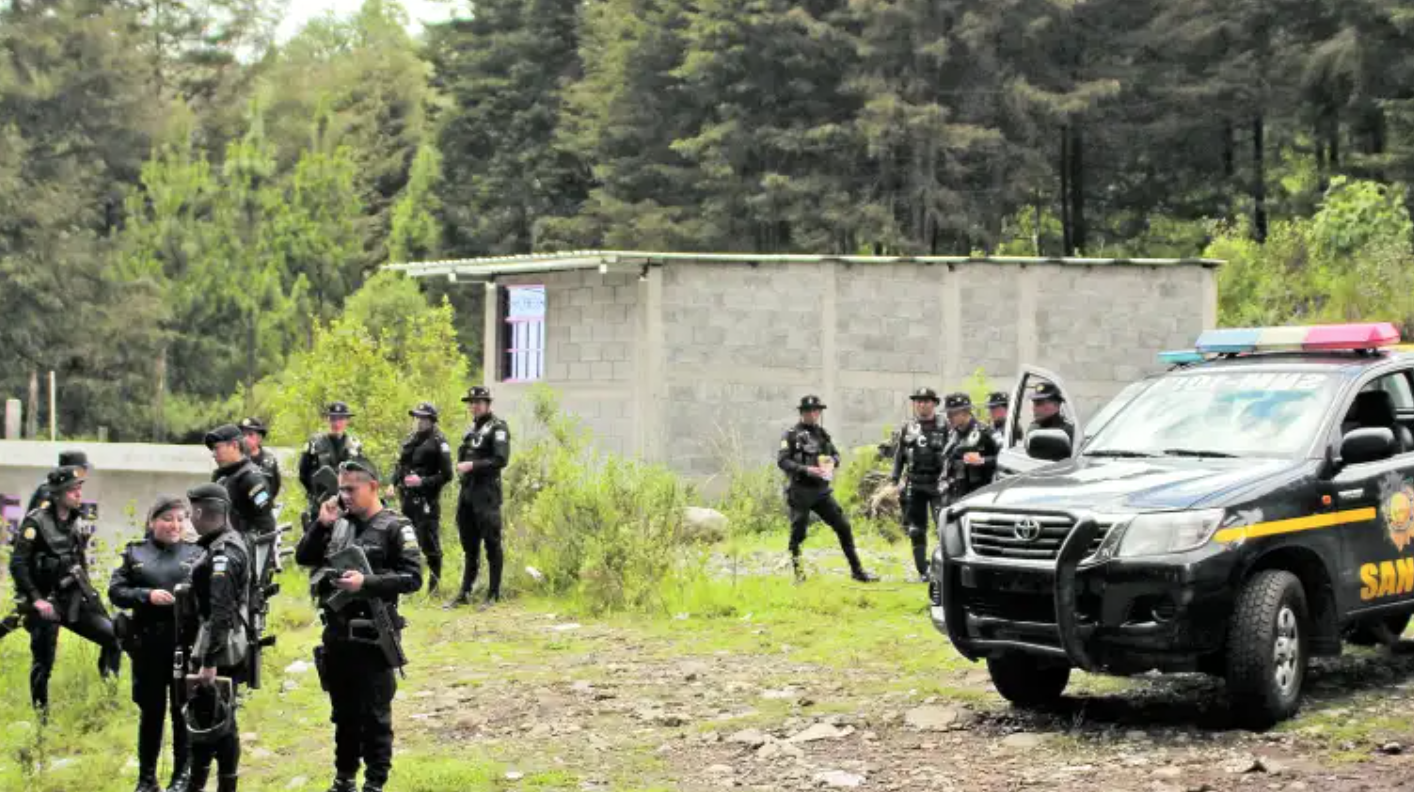
October 24 |
The kidnapping 29 days ago of a prosecutor and two investigators from the Public Ministry (MP) in Tajumulco, San Marcos, reveals the vulnerability of the investigators in the province.
This situation is caused by several factors, such as insufficient support from the National Civil Police (PNC) and the dominance that criminal structures have over municipal and departmental authorities, according to a former secretary of the Public Prosecutor’s Office and an analysis of the situation by the Pro-Justice Movement.
On September 25, a prosecutor and two investigators from the Public Prosecutor’s Office (MP) were kidnapped by residents of the village of Tuinimá, Tajumulco, San Marcos, who demanded the closure of the municipal headquarters of the MP in Tajumulco and the release of two people linked to the crime of an army colonel.
As of yesterday, the MP workers had been in this situation for 28 days. According to the official report of the auxiliary of the Human Rights Ombudsman’s Office, the reason for the kidnapping is because the victims were carrying out a field inspection related to the theft of electricity.
“Being a prosecutor at the municipal or departmental level is different from being a prosecutor in Guatemala City,” says Javier Monterroso, ex-secretary of the MP, who affirms that the prosecutors and investigators assigned in the province work with many “precariousnesses” and normally only investigate common crimes, so as not to enter into confrontation with the inhabitants or put themselves at risk from organized crime.
“Their work is more complicated because there are fewer PNC agents and MP personnel, but in addition, many members of the security forces themselves are committed to the powers that be, politicians and drug traffickers,” Monterroso said.
He also states that in the province, municipal and departmental authorities depend a lot on the criminal structures in the region, and for this reason, when it comes to investigating criminal structures, prosecutors are asked not to be from the department so that there are no reprisals, and they opt to bring prosecutors from the capital city, in addition to the support of the army.
“But even so, prosecutors are very vulnerable because of the above situations and when they are retained by the population, they are tied up and beaten on the orders of community leaders or organized crime,” says Monterroso.
The former secretary of the MP says that even some of the workers who have been retained have said that they are subjected to psychological abuse, when they are threatened that they will be burned and “they show them or gasoline”.
Retention of personnel, according to Monterroso, has occurred most frequently when investigating illegal electricity connections or when tracking poppy plantations.
For Carmen Aída Ibarra, director of Movimiento ProJusticia, these events are more recurrent in Huehuetenango and San Marcos, mainly in the border areas with Mexico, due to the presence of drug trafficking.
“In some places, the economy of the communities depends on illegal crops and contraband, and the physical integrity of the prosecutors is at risk,” said Ibarra.
The researcher and expert in the justice sector reiterates that there are communities where the population rejects the presence of the PNC and the MP and prefers to act according to their rules, often to defend the interests of organized crime or the community itself, “when the local economy is affected”.
Ibarra affirms that the lack of security guarantees for prosecutors and investigators of the MP in the province is compounded by the fear of being removed or dismissed.
“In 2021 there was a series of transfers and removals that affect them, because they are sent far from their residence. They live in fear, because they do not know when they will be transferred or dismissed,” said Ibarra.
International
U.S. and Mexico Reach Deal to Address Water Deficit Under 1944 Treaty
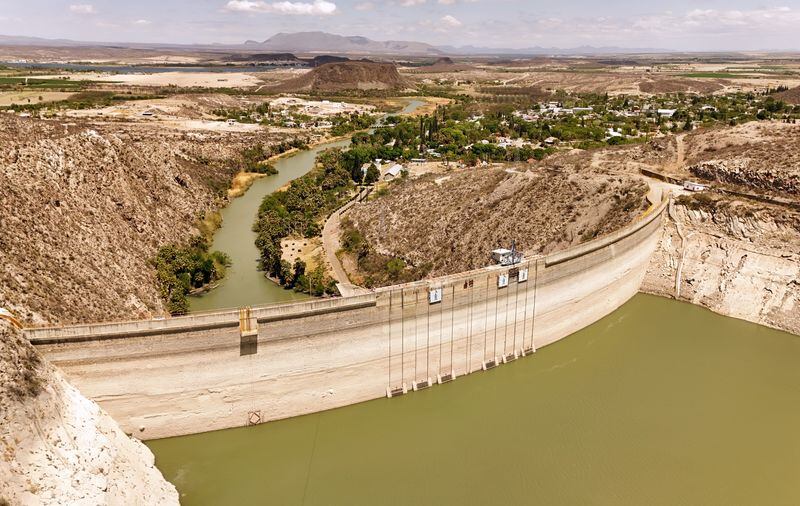
The United States and Mexico have reached an agreement to comply with current water obligations affecting U.S. farmers and ranchers and for Mexico to cover its water deficit to Texas under the 1944 Water Treaty, the U.S. Department of Agriculture said in a statement.
The department уточified that the agreement applies to both the current cycle and the water deficit from the previous cycle.
On Monday, U.S. President Donald Trump accused Mexico of failing to comply with the water-sharing treaty between the two countries, which requires the United States to deliver 1.85 billion cubic meters of water from the Colorado River, while Mexico must supply 432 million cubic meters from the Rio Grande.
Mexico is behind on its commitments. According to Washington, the country has accumulated a deficit of more than one billion cubic meters of water over the past five years.
“This violation is severely harming our beautiful crops and our livestock in Texas,” Trump wrote on Monday.
The Department of Agriculture said on Friday that Mexico had agreed to supply 250 million cubic meters of water starting next week and to work toward closing the shortfall.
Agriculture Secretary Brooke Rollins, quoted in the statement, said Mexico delivered more water in a single year than it had over the previous four years combined.
Trump has said that if Mexico continues to fall short of its obligations, the United States reserves the right to impose 5% tariffs on imported Mexican products.
Mexico’s Deputy Foreign Minister for North America, Roberto Velasco, said that a severe drought in 2022 and 2023prevented the country from meeting its commitments.
International
Several people shot in attack on Brown University campus
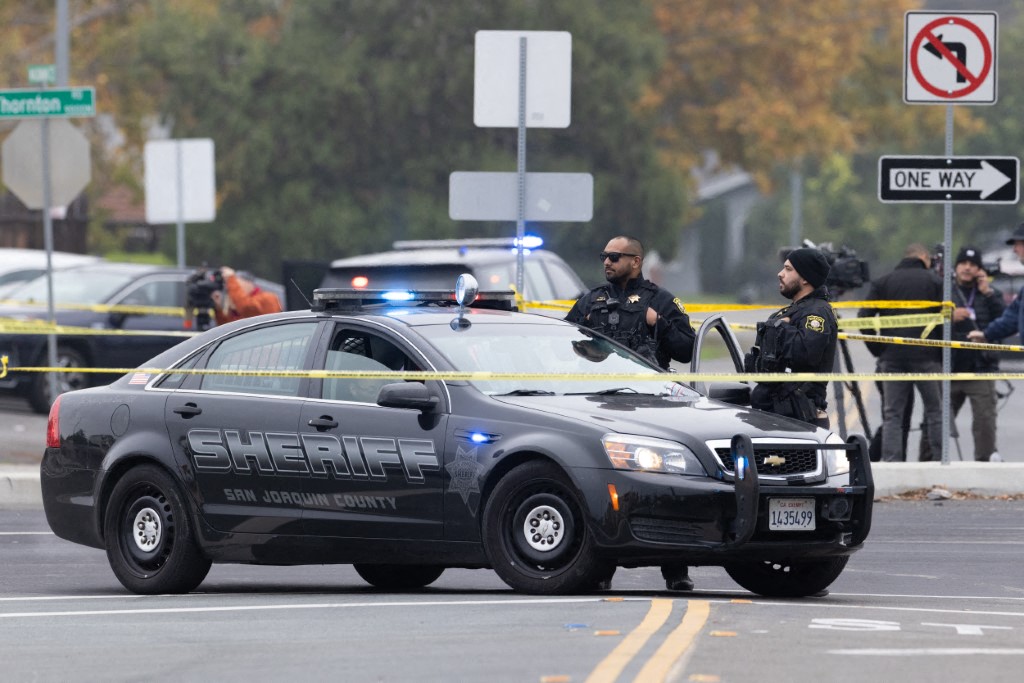
Several people were shot on Saturday in an attack on the campus of Brown University, in the northeastern United States, local police reported.
“Shelter in place and avoid the area until further notice,” the Providence Police Department urged in a post on X. Brown University is located in Providence, the capital of the state of Rhode Island.
U.S. President Donald Trump said on his social media platform Truth Social that he had been briefed on the situation and that the FBI was on the scene.
At 5:52 p.m. local time (11:52 p.m. GMT), Brown University said the situation was still “ongoing” and instructed students to remain sheltered until further notice.
After initially stating that the suspect had been taken into custody, Trump later posted a second message clarifying that local police had walked back that information. “The suspect has NOT been apprehended,” the U.S. president said.
International
Colombia says it would not reject Maduro asylum request as regional tensions escalate
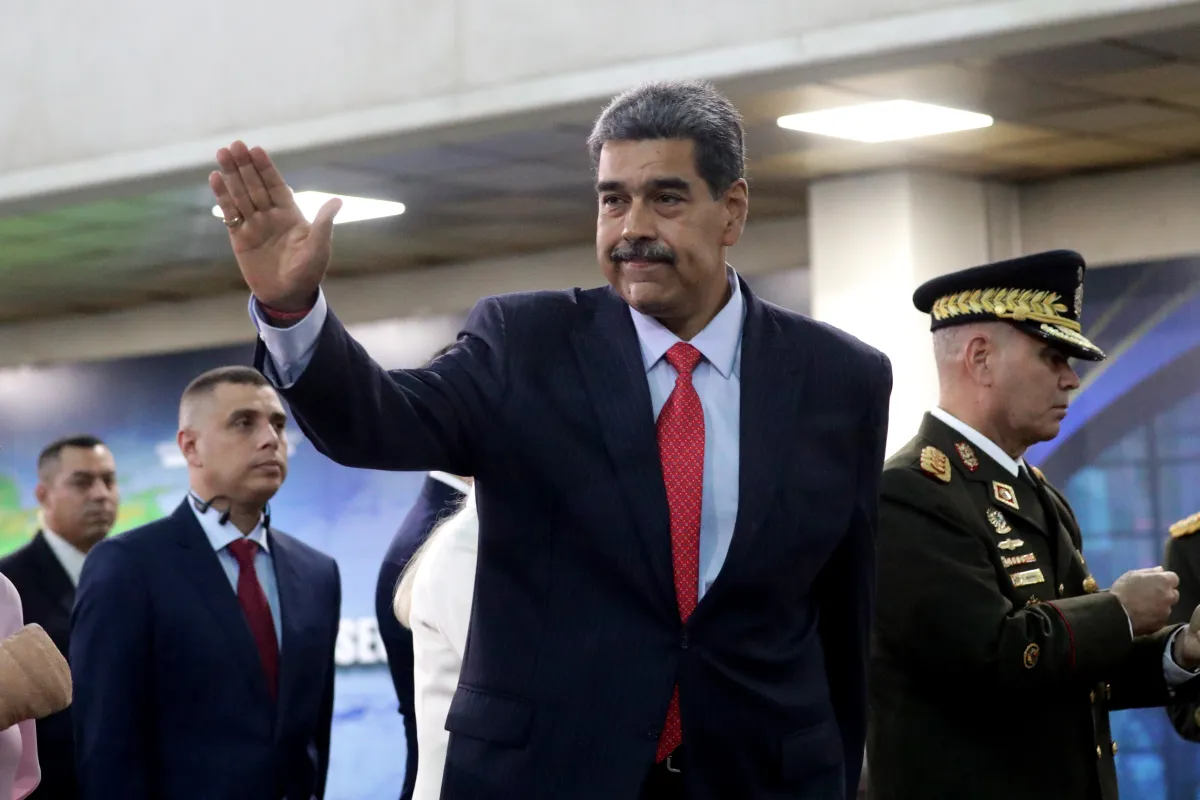
The Colombian government stated on Thursday that it would have no reason to reject a potential asylum request from Venezuelan President Nicolás Maduro should he leave office, as regional tensions persist over the deployment of U.S. military forces in the Caribbean since August.
“In the current climate of tension, negotiations are necessary, and if the United States demands a transition or political change, that is something to be assessed. If such a transition results in him (Maduro) needing to live elsewhere or seek protection, Colombia would have no reason to deny it,” said Colombian Foreign Minister Rosa Villavicencio in an interview with Caracol Radio.
However, Villavicencio noted that it is unlikely Maduro would choose Colombia as a refuge. “I believe he would opt for someplace more distant and calmer,” she added.
Colombian President Gustavo Petro also commented on Venezuela’s situation on Wednesday, arguing that the country needs a “democratic revolution” rather than “inefficient repression.” His remarks followed the recent detention and passport cancellation of Cardinal Baltazar Porras at the Caracas airport.
“The Maduro government must understand that responding to external aggression requires more than military preparations; it requires a democratic revolution. A country is defended with more democracy, not more inefficient repression,” Petro wrote on X (formerly Twitter), in a rare public criticism of the Venezuelan leader.
Petro also called for a general amnesty for political opponents and reiterated his call for forming a broad transitional government to address Venezuela’s prolonged crisis.
Since September, U.S. military forces have destroyed more than 20 vessels allegedly carrying drugs in Caribbean and Pacific waters near Venezuela and Colombia, resulting in over 80 deaths.
U.S. President Donald Trump has repeatedly warned that attacks “inside Venezuela” will begin “soon,” while Maduro has urged Venezuelans to prepare for what he describes as an impending external aggression.
-
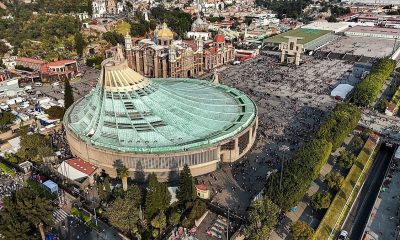
 International5 days ago
International5 days agoMexico City prepares for 13 million pilgrims at Basilica of Guadalupe
-

 International4 days ago
International4 days agoWashington declares State of Emergency as atmospheric river brings severe flooding
-

 International4 days ago
International4 days agoU.S. to require five-year social media history from tourists under Visa Waiver Program
-
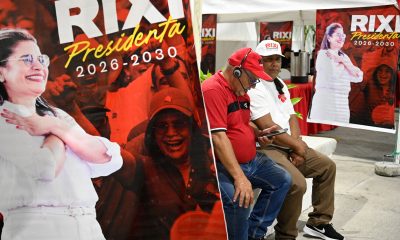
 Central America5 days ago
Central America5 days agoHonduras’ electoral chief reports ongoing technical issues but says results remain intact
-

 Central America5 days ago
Central America5 days agoU.S. accuses Ortega regime of systematic human rights abuses in Nicaragua
-

 Central America5 days ago
Central America5 days agoU.S. finds no evidence of fraud in Honduras election despite delays
-

 International3 days ago
International3 days agoCuba battles out-of-control dengue and chikungunya epidemic as death toll rises to 44
-

 Central America3 days ago
Central America3 days agoHonduras election crisis deepens as CNE president denounces intimidation attempts
-

 Central America4 days ago
Central America4 days agoOAS and EU urge honduran political actors to respect vote results and avoid unrest
-

 International3 days ago
International3 days agoColombia says it would not reject Maduro asylum request as regional tensions escalate
-

 International2 days ago
International2 days agoSeveral people shot in attack on Brown University campus
-

 International3 days ago
International3 days agoEcuador on track for record violence as homicides hit highest level in Latin America again
-

 International4 days ago
International4 days agoSix ecuadorian soldiers jailed pending trial for alleged extrajudicial execution
-

 International1 day ago
International1 day agoU.S. and Mexico Reach Deal to Address Water Deficit Under 1944 Treaty
-

 Central America9 hours ago
Central America9 hours agoPanama seizes over three tons of drugs hidden in Caribbean port container

















































































